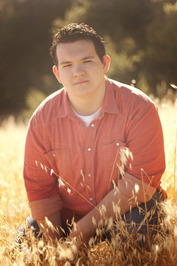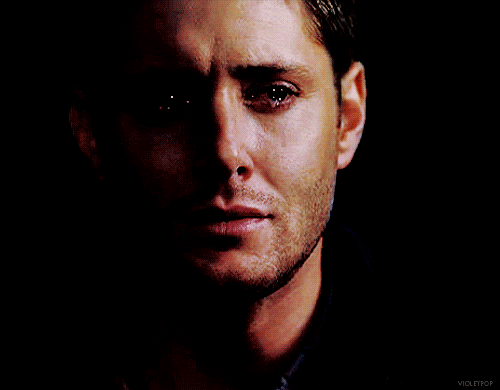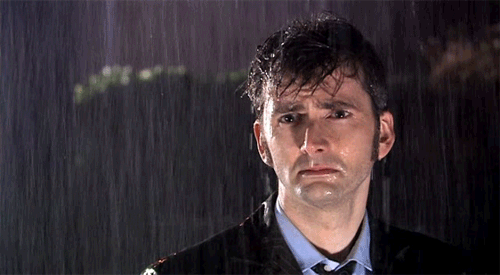 Brian McBride is
a Christian blogger, writer, and published author of a high fantasy novel
geared toward the young-adult crowd. He is a musician, artist, and amateur
photographer. He has recently started his third "official" novel,
which is book three in The Starcrafters' Sagaand
is editing book two. He writes fantasy, horror, dystopian, and science fiction
of all sorts. You can find him on Facebook, Twitter, his blog, and Goodreads.
Brian McBride is
a Christian blogger, writer, and published author of a high fantasy novel
geared toward the young-adult crowd. He is a musician, artist, and amateur
photographer. He has recently started his third "official" novel,
which is book three in The Starcrafters' Sagaand
is editing book two. He writes fantasy, horror, dystopian, and science fiction
of all sorts. You can find him on Facebook, Twitter, his blog, and Goodreads.
Today is the THIRD post
in this month’s series on character building. And wasn’t Scotty’s post last
Friday fantastic?
How many of you know that character is a
huge element in humanity? Your character is who you are. It’s your dreams,
hopes, the way you think, talk, act. So in order to merge your fictional story
with reality, your character has to have character, right? Character also helps
with that 3D element I’ve mentioned quite frequently.
1.
Dialogue
Reveals Character.
The speech patterns of your MC will reveal
who your MC is. If your MC doesn’t like another character, his speech should
show it. Maybe s/he tosses out biting remarks, or gossips about the other
character behind their back.
Why is speech so important? In the real
world, our speech is what conveys to the people around us who we are in our
hearts. It reveals our attitudes and our emotions. It conveys our thoughts and
our ideas. Without speech, where would humanity be?
2.
Action
Reveals Character.
Aside from dialogue, what your character does
is the most important tool in
revealing your character’s character.
Have you ever seen a child through a
tantrum in a shopping center? Such an occurrence would likely tell you that the
child is a) used to have his own way, b) probably isn’t punished often, and/or,
c) has not been taught restraint. The way a character acts reveals his/her true
nature. Thus the importance of giving clear, revealing action to your
character.
Perhaps your character doesn’t like to talk
to people; maybe s/he is an introvert/extrovert; s/he is obsessed with food,
girls/boys; s/he could be a health nut. There are so many different ways to reveal your character’s character.
 3.
Thoughts
Reveal Character.
3.
Thoughts
Reveal Character.
No one in the real world can know another
person’s thoughts. However, that’s the great thing
about books; you know the MC’s
thought
patterns because you literally read their thoughts.
This comes in handy
when you want ro reveal
your MC’s character on a level more personal to
the
character.
You could have the character think “I
always
hated going on missions trips.” What does this tell
you about the
character’s character? It likely lets
you know that the character isn’t the
most selfless
and isn’t very willing to serve.
First person narrative is also very helpful
for
revealing the MC’s thought patterns.
“I don’t want to cry, but the tears come
anyway” – The character is aware of his/her emotions.
For one who has mastered the art of
writing, revealing a character’s character through thought comes fairly easily.
4.
Emotions
Reveal Character.
There are so many emotions one can have.
And every one of them can reveal who you are, who your character is. If your
character is sad about a family member leaving after visiting for a while, then
likely the MC’s character would be that of a close bond with those s/he loves
and a sense of the importance of familial relationship.
 It’s always important to use words that
convey degrees of emotion: sad, happy, joyous, enrage, angry, upset,
frustrated, etc… And if you really want to get “professional” about conveying
emotion, don’t directly tell what emotion the character is feeling.
It’s always important to use words that
convey degrees of emotion: sad, happy, joyous, enrage, angry, upset,
frustrated, etc… And if you really want to get “professional” about conveying
emotion, don’t directly tell what emotion the character is feeling.
“The small tear rolled down her cheek. She
took a deep breath, trying to refrain from the trembling that threatened to
take her body over by force.” And if the phrase you used doesn’t clearly
determine between fear and grief, don’t worry. The scene around these two lines
should reveal the situation and thus determine which emotion the character is
feeling.
Well, that’s all I have to say today. Leave
a comment below!



















